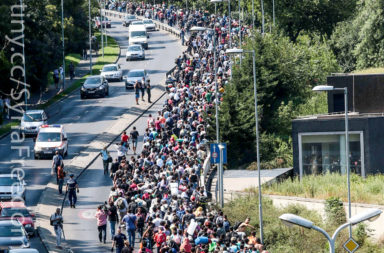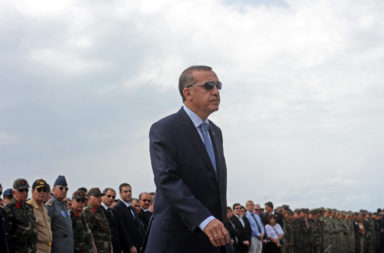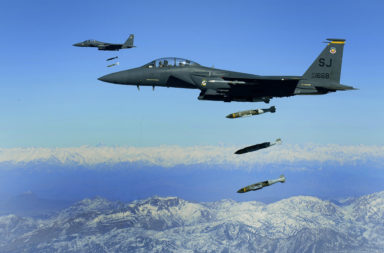Not many people in the world know about Armenian history, let alone can even find Armenia on a map. But Armenia is all over the news these days because of the recent move by the German government to officially recognize the Armenian genocide of 1915-1917 as such. A motion passed in the German government with near unanimous support, with only one vote against, and a single abstention. The Turkish government has expressed outrage over this, and recalled their ambassador in protest.
What was the Armenian Genocide?
In 1915, the first World War raged between the Austro-Hungarian Empire (Europe) and the Ottoman Empire (Middle East, primarily what is now Turkey), and the Muslim background of the Ottoman Empire clashed with the primarily Christian Armenian population. At the time of the genocide, the Ottoman state was weak having been recently replaced by a new movement called the Young Turks. The area was in chaos and war, and in the midst of it, the government started rounding up and imprisoning hundreds of intellectuals under the premise that they could incite rebellion in what was known as Red Sunday, which was followed by laws that had Armenians deported and executed. Accounts differ, but the number of deaths ranges from 300,000 (claimed by the Turks) to 1,500,000 (claimed by the Armenian population). To be clear, genocide is defined by the Convention on the Prevention and Punishment of the Crime of Genocide as:
[A]ny of the following acts committed with intent to destroy, in whole or in part, a national, ethnical, racial or religious group, as such:
- Killing members of the group;
- Causing serious bodily or mental harm to members of the group;
- Deliberately inflicting on the group conditions of life calculated to bring about its physical destruction in whole or in part;
- Imposing measures intended to prevent births within the group;
- Forcibly transferring children of the group to another group.
Why is there controversy?
Absolutely no one denies that this happened. But the accounts differ on the use of the word “genocide”. The Turkish people claim that since this happened during a war, this would be classified as a “massacre”. This classification is because it took place during a war, and the official reason from the Ottoman government was that these people were a “threat to national security”.
Much of the world rejects this classification, and sees the genocide as such. That the Armenian people were systematically exterminated because of who they were and where they were from. Countries that have recognized the Armenian Genocide include:
- Austria
- France
- Italy
- Lebanon
- Netherlands
- Argentina
- Sweden
- Switzerland
- Vatican City
- The United States
- and now Germany
Germany is a particularly big shift, as it has its own genocidal past, yet unlike Turkey, Germany has acknowledged it, and tried to move on, making sure that history never repeats itself. Turkey is now so infuriated at the German government, that it has recalled its ambassador out of protest. The Turkish Deputy Prime Minister Numan Kurtulmus has decried the vote, saying that “this is not a decision for presidents or politicians, it is a matter for historians.”
A second reason that Turkey rejects having to deal with this problem is that the current Republic of Turkey was only founded by Kemal Ataturk in 1920, after these events. These atrocities were committed by others, not the current Turkish government. Additionally, ceding to the pressure from Armenia would then turn the conversation towards the Kurdish people, who are in a similar situation with the Republic of Turkey right now. Things look grim for the Kurds, because from an area with a history of oppressing minorities, the future will likely be the same.
Why does the world kowtow to Turkey?
Turkey is extremely important to the world, mostly because its location as a bridge between Europe and the Middle East, as well as being allied with the West. It is a very strategic member of NATO as well, and an excellent strategic location for NATO forces to combat any threat from Russia. This is why the West consistently fails to push Turkey to uphold the same standards as they expect from other countries.
Turkey also had just agreed to a controversial deal to stem the flow of refugees to Europe, which with this resolution passing through the German government, could be put into jeopardy. This is not the first run in between Germany and Turkey this year, with multiple issues of freedom of the press between Germany and Turkey.
Finally, the Turkish leader is very extreme, and his actions can be unpredictable. he has threatened more retaliation for this resolution passing.
Image: Flickr





